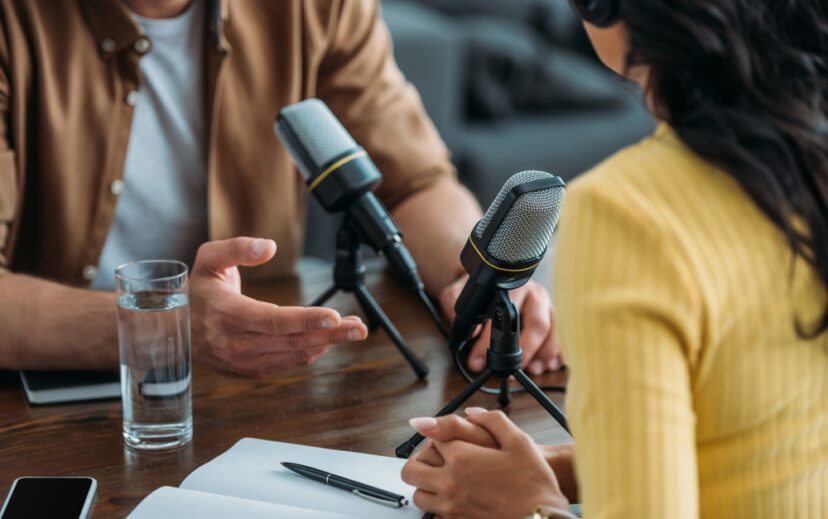Updated: September 30, 2021
Podcasting is one of the fastest-growing forms of media in the U.S. According to Edison Research and Triton Digital, there are now 62 million Americans listening to podcasts each week. As a result, many small companies and individuals are looking to launch their own. Before you hit the record button, consider these issues:
OWNERSHIP RIGHTS
Podcast content is subject to copyright law and as such, it is important to understand who owns the podcast. If you own it, you should protect it by registering copyrights to your work. Although copyright protection exists when the podcast is created, there are benefits to copyright registration, including the ability to obtain statutory damages and attorney’s fees for infringement. Note that while the owner of the work is typically the author, or creator, of the work, there is an exception for works for hire where a work is created within the author’s scope of employment or subject to a written agreement. If you are agreeing to a work for hire scenario, ensure that you are being properly compensated in exchange for your rights. If you hire or partner with other people to work on the podcast, such as co-hosts, producers, or writers, take care to clarify their rights.
DISTRIBUTION
Among the rights of a copyright owner is to distribute copies of the work or enter into agreements with another party to handle distribution. If you are working with a company to distribute the podcast, an attorney should review the agreement to ensure it protects your copyright and limits the other party’s rights. You should also make sure the agreement is clear on each party’s obligations and what happens upon termination, in order to avoid ambiguities or disputes later.
COPYRIGHT PERMISSIONS TO OTHER WORK
It is common for podcasts to include other content such as music, but be aware of the rights and clearances you’ll need to use it. A single piece of music may have multiple copyrights attached to it and permission may be needed from all the owners. In addition, if there are any visuals used in marketing the podcast, you may also need permission.
ADVERTISING
It’s great when a company wants to advertise with your podcast and act as a sponsor. However, your sponsor agreements should be in writing and reviewed carefully to avoid inadvertent breaches. For instance, do your sponsors carry any restrictions, such as exclusivity in a specific category of goods for a set time period? Be aware of your obligations to your advertisers and what you’re agreeing to. You should also keep in mind any FTC regulations that apply.
GUEST AGREEMENTS
You could be liable for things your guest says. As a result, it is good practice to have all guests sign an agreement to indemnify you for any claims that stem from their participation, like defamation or infringement. If you’re hiring the talent you should have agreements with your hosts, and if you’re hosting yourself with another person or more, consider an agreement amongst yourselves that clearly sets forth your respective rights.
BRANDING
A successful podcast can become a brand and as such, you may want to consider creating an entity to limit your liability and invest in trademark protection. Registering a trademark avoids consumer confusion from someone coming into the marketplace with a similar title.
Podcasts are part of an exciting new landscape of media and it seems like there’s one for everyone. If you are considering starting a podcast of your own, or if you already have one that’s starting to pick up steam, an experienced intellectual property attorney can advise you regarding any copyright, trademark, or licensing issues that may affect your podcast.




